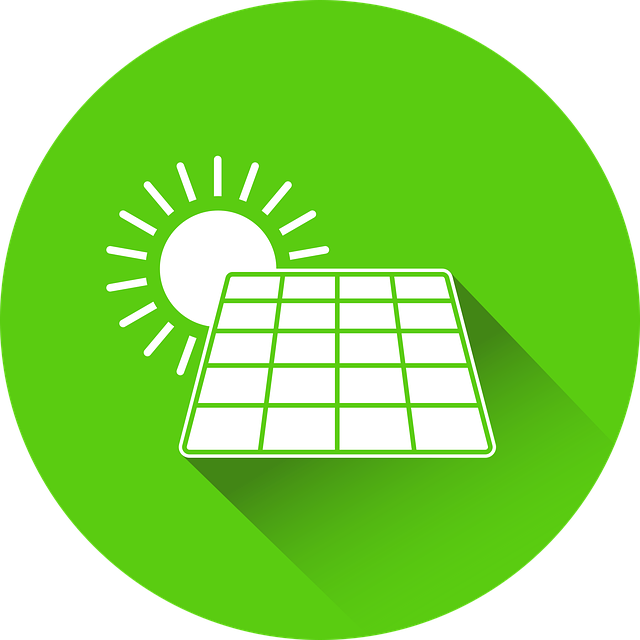
The advent of Artificial Intelligence (AI) marks a transformative era in the manufacturing sector, promising to revolutionize processes from the assembly line to the executive suite. As we stand on the cusp of this technological evolution, it’s crucial to explore how AI will shape the future of manufacturing, with a particular focus on the burgeoning solar industry, while also considering potential drawbacks.
The Basics of AI in Manufacturing
AI refers to computer systems designed to perform tasks that typically require human intelligence. In manufacturing, this encompasses machine learning, predictive analytics, robotics, and natural language processing. AI’s role is multifaceted, aimed at enhancing efficiency, reducing costs, and improving product quality.
AI’s Benefits in Manufacturing
Predictive Maintenance: AI can analyze data from equipment sensors to predict failures before they happen, reducing downtime and maintenance costs. For example, in automotive manufacturing, AI-driven systems can forecast when a machine part is likely to fail, allowing preemptive replacement and uninterrupted production.
Quality Control: Machine learning algorithms can inspect products with higher accuracy than human eyes, identifying defects that might be missed otherwise. In electronics manufacturing, AI systems can detect and classify microscopic defects in circuit boards, ensuring higher product quality.
Supply Chain Optimization: AI enhances supply chain transparency and efficiency by predicting market changes, optimizing inventory levels, and identifying the most cost-effective shipping routes. For instance, AI can analyze consumer trends to anticipate product demand spikes, allowing manufacturers to adjust production schedules and inventory accordingly.
Customization and Design: AI can streamline the product design process, offering personalized products without compromising production efficiency. In the fashion industry, AI algorithms analyze customer preferences to design personalized clothing, demonstrating how customization can be scalable.
AI’s Impact on the Solar Industry
In the solar industry, AI is set to revolutionize production processes and energy management. AI-driven predictive analytics can optimize the performance of solar panels by analyzing weather data and adjusting panel angles in real-time for maximum sunlight exposure. Furthermore, AI can improve the efficiency of solar panel manufacturing, reducing production costs and making solar energy more accessible.
Potential Drawbacks
While AI promises numerous benefits, there are potential drawbacks. The automation of tasks could lead to job displacement, creating a need for workforce retraining. Moreover, the reliance on AI systems raises concerns about data security and privacy. In manufacturing, an overdependence on AI could result in vulnerabilities, where system failures or cyber-attacks might have catastrophic impacts.
Conclusion
AI’s role in the future of manufacturing is undeniably transformative, offering the potential to enhance efficiency, quality, and innovation, particularly within the solar industry. However, embracing AI requires a balanced approach, acknowledging its benefits while mitigating risks related to job displacement and data security. As we advance, the integration of AI in manufacturing must be navigated with a commitment to ethical standards, ensuring a future where technology enhances human work without compromising security or employment.

